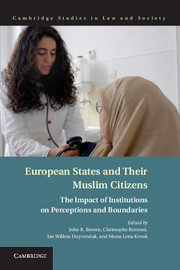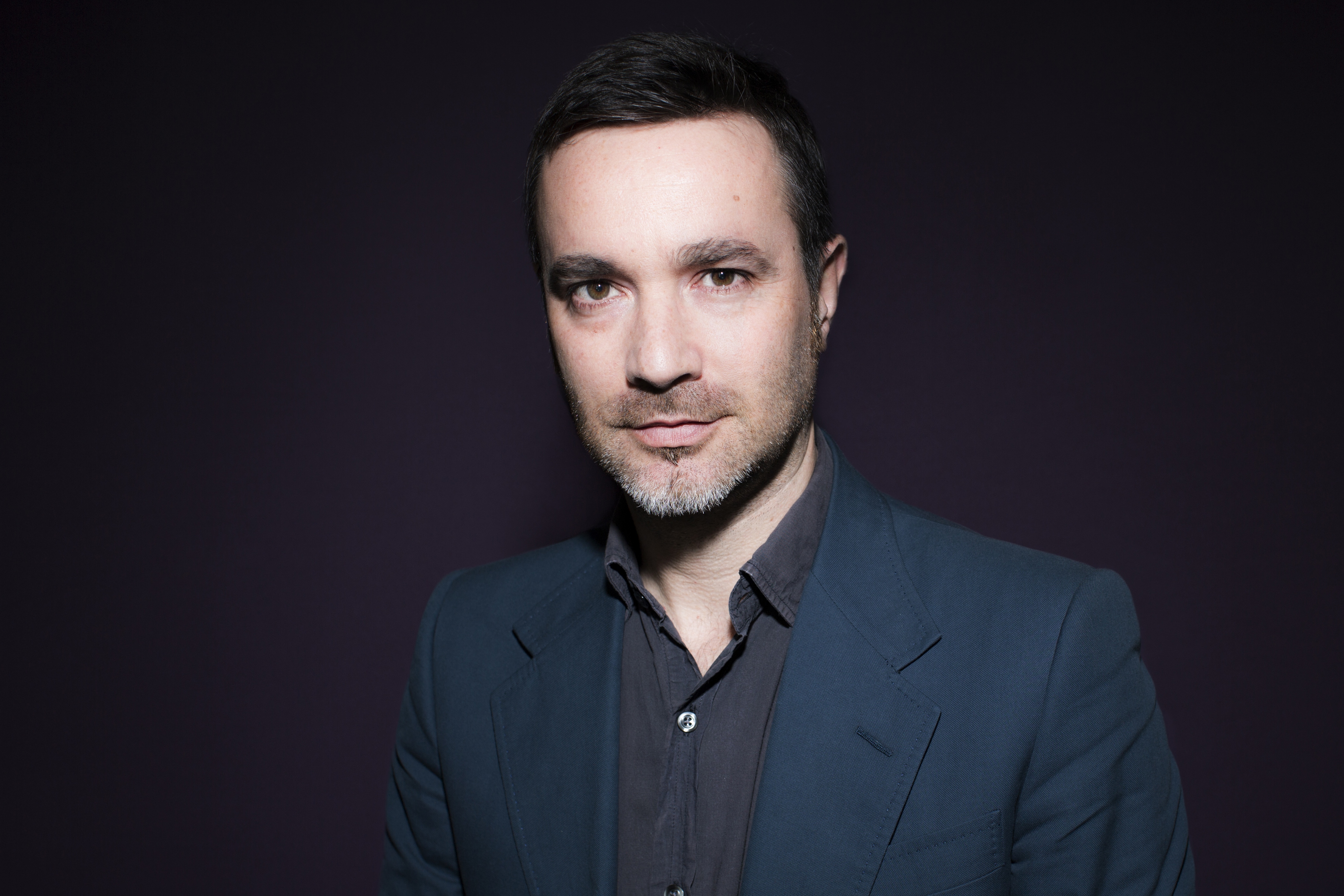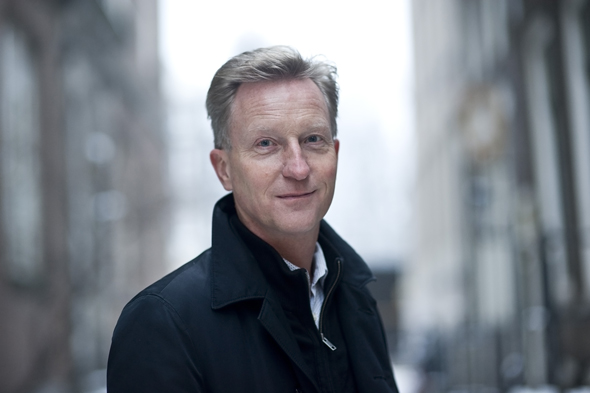European States and their Muslim Citizens

This book responds to the often loud debates about the place of Muslims in Western Europe by proposing an analysis based in institutions, including schools, courts, hospitals, the military, electoral politics, the labor market, and civic education courses. The contributors consider the way people draw on practical schemas regarding others in their midst who are often categorized as Muslims. Chapters based on fieldwork and policy analysis across several countries examine how people interact in their everyday work lives, where they construct moral boundaries, and how they formulate policies concerning tolerable diversity, immigration, discrimination, and political representation. Rather than assuming that each country has its own national ideology that explains such interactions, contributors trace diverse pathways along which institutions complicate or disrupt allegedly consistent national ideologies. These studies shed light on how Muslims encounter particular faces and facets of the state as they go about their lives, seeking help and legitimacy as new citizens of a fast-changing Europe.

Available in:
Regions and themes
ISBN / ISSN
Share








